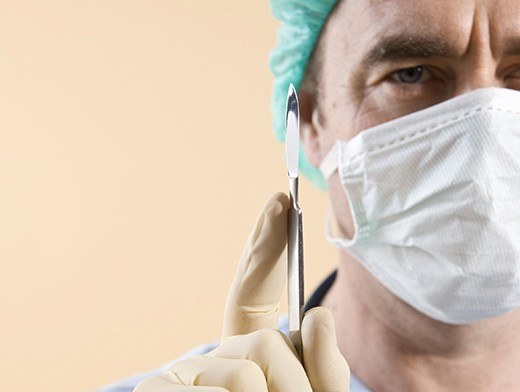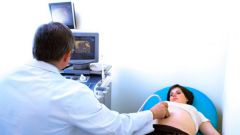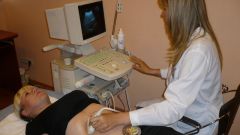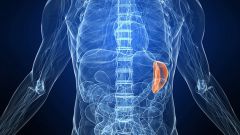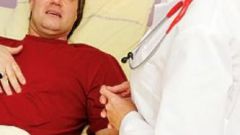When it is necessary to remove the gallbladder?
Most often remove the gall bladder in the presence of stones that begin to stand out and occur because of bile stasis. Otherwise, there is the stretching and injury of the body. The lack of treatment leads to the development of inflammation and infection in severe cases there is breaking down the wall of the bladder.
By itself, the operation to remove causes stress to the human body, which in medicine is called a cholecystectomy. It leads to changes of the internal organs of digestion, as they need to compensate for the lack of the affected organ.
As a result, can develop gastritis, peptic ulcer disease, pancreatitis, enterocolitis, enteritis and other violations.
Consequences of gallbladder removal
Surgical removal of the bladder leads to various biochemical changes:
- disturbed motility of the muscles of the duodenum;
- liquefies the bile;
- reduced protection against harmful microorganisms;
- disturbed balance of microflora;
- there is a flatulence;
- disturbed motor activity of the food masses;
- disturbed secondary suction of bile;
- there are failures in the digestion;
- change the contours of the bodies;
- other echoprint.
It is important to note that after the removal of the patient's body composition "spoiled" bile remains unchanged, therefore, is the negative impact of toxic liquid on the mucous membranes of internal organs. Therefore, after surgery, the patient needs to carefully monitor the composition of bile and regularly visit a gastroenterologist.
Common procedures for the study of the internal organs are ultrasound, duodenal study.
If you experience any changes required taking special drugs aimed at restoring the body:
- in biliary insufficiency prescribers with the contents of the bile – "Libel", "Allohol", "Holenzim";
- to stimulate jelcheproduktia that the admission of "Salida", "Cicloferon";
to improve liver function is assigned to "Essentiale";
- for recovery requires taking "Odeston".
The important role played by proper nutrition in the absence of the gallbladder. Daily ration should be divided into 5-6 receptions in small portions, allowing the bile to accumulate. As a result, prevents the stagnation of bile and the re-formation of stones. Use of special diet is to reduce irritation and activity of all the organs of the digestive tract. A list of permitted and prohibited foods prescribed by your doctor. As a rule, it is recommended to refuse salt, fresh bread. To include in the diet vegetable broths and noodle soups, dairy products low in fat. Sure daily drink at least one and a half liters of fluid, which is necessary for normal digestion.
